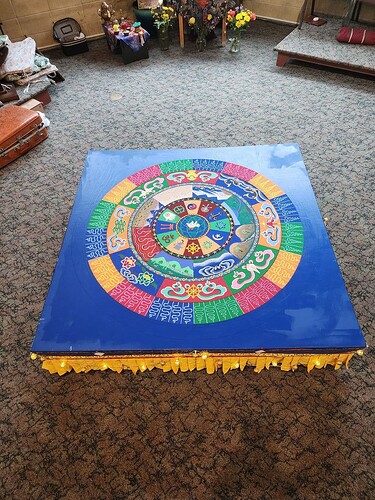I want to discuss the connections between Advaita Vedanta, Idealism, and some aspects of Schopenhauer’s philosophy. I invite @felix_dakat t to give us his insights into Vedanta.
As I understand it, Advaita Vedanta is a school of Hindu philosophy that emphasises the non-dual nature of reality. It asserts that the ultimate reality (Brahman) is beyond distinctions and that the individual soul (Atman) is ultimately identical with Brahman. According to Advaita Vedanta, reality is an undivided and unchanging unity, and the perceived diversity of the world is considered an illusion (maya). This perspective aligns with the concept of absolute idealism, where ultimate reality is a singular, all-encompassing consciousness or substance.
Whilst Idealism is a broad philosophical term that encompasses various schools of thought, in the context of my intention, we can focus on absolute or metaphysical idealism. Absolute idealism posits that the ultimate reality is mental or spiritual in nature, and the material world is an extension or manifestation of this underlying mental or spiritual reality. This aligns with the Advaita Vedanta notion of a singular, non-dual ultimate reality. Idealist philosophers like George Berkeley, Fichte, and Hegel have explored similar themes with different nuances.
According to what I have read, someone who has not been brought into this context is Arthur Schopenhauer, who was influenced by Indian philosophy, particularly by aspects of Vedanta and Buddhism. While he didn’t fully embrace the non-dual perspective of Advaita Vedanta, he acknowledged the importance of the concept of unity. Schopenhauer’s philosophy shares some affinities with idealism, especially in his emphasis on the primacy of the will as the fundamental reality underlying the world. The will, for Schopenhauer, is an irrational and blind force driving all phenomena.
Despite his distance from certain tenets of idealism and Advaita Vedanta, Schopenhauer’s emphasis on a fundamental, underlying unity in the nature of reality resonates with some aspects of these traditions. But I think you can see the connections exist between Advaita Vedanta, Idealism, and certain aspects of Schopenhauer’s philosophy, particularly in their shared exploration of a fundamental, unified reality that transcends the apparent diversity of the world.
Anyone want to comment on what I’ve written so far?
